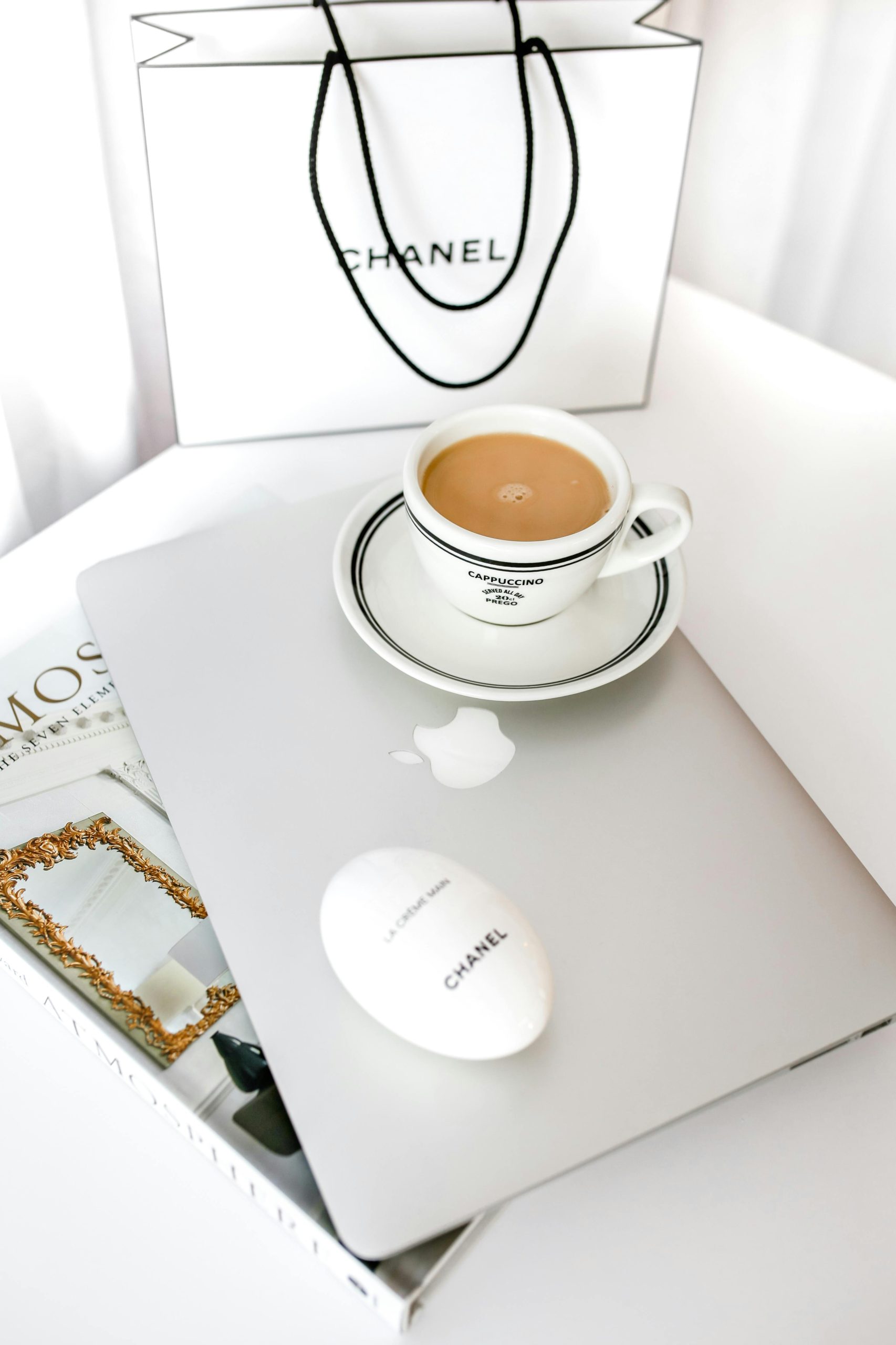Exploring the Viability of Launching a Perfume or Fragrance Brand: Opportunities and Challenges
Starting a new business in the fragrance industry can be an exciting venture, especially for individuals passionate about scents and personal care products. If you’re considering entering this space, it’s essential to understand the industry’s potential profitability, inherent risks, startup costs, and market dynamics. This article aims to provide a comprehensive overview for aspiring entrepreneurs like yourself who are contemplating launching a perfume or fragrance brand.
Is the Fragrance Industry Profitable?
The global fragrance market is a lucrative sector with consistent demand. According to industry reports, the perfume and fragrance market was valued at several billion dollars and is expected to continue growing, driven by consumer preferences for personal grooming and luxury products. Profit margins in this industry can vary widely based on several factors, including brand positioning, production costs, and distribution channels. Premium brands often enjoy higher margins due to their perceived exclusivity and higher price points, while mass-market fragrances might operate with narrower margins but benefit from higher sales volumes.
What Are the Risks Involved?
As with any entrepreneurial venture, there are risks to consider:
- Market Competition: The fragrance industry is highly competitive, with established brands dominating retail spaces and online markets. Differentiating your product is crucial.
- Brand Recognition: Building a recognizable brand from scratch requires significant marketing investment.
- Consumer Preferences: Fragrance tastes are highly subjective and can fluctuate with trends and cultural shifts.
- Regulatory Compliance: Ingredients, labeling, and safety standards must be adhered to, which can involve additional costs and legal considerations.
- Initial Investment: The startup costs can be substantial, especially when factoring in product development, packaging, marketing, and distribution.
While the industry isn’t necessarily risky in terms of market stability, the challenge lies in gaining a foothold and establishing a loyal customer base.
Startup Costs and Investment
The amount needed to start a perfume business can vary greatly depending on your approach. Key expenses typically include:
- Product Development: Formulating fragrances, testing, and securing quality ingredients—costs can range from a few thousand to tens of thousands of dollars.
- Branding and Packaging: Designing bottles, labels, and marketing materials.
- Regulatory Compliance: Ensuring your products meet safety standards, which might involve certifications and testing.
- Manufacturing: Whether you outsource production to a contract manufacturer or set up your own facility.
- Marketing and Distribution: Building an online









